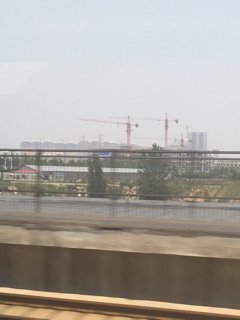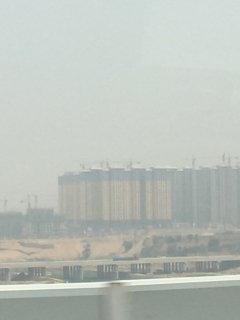aja8888
Moderator Emeritus
Interesting short video on China's real estate market after CNBC did their TX special on it two years ago. This just continues to reinforce my distaste of the CNBC analysis of their material.
"While the media continues to predict China’s imminent collapse, Matthews Asia Investment Strategist Andy Rothman shares insights from a recent research trip to the region and helps investors reconsider China’s property market. As the world’s best consumption story, Andy explains why he believes China’s very soft property market is unlikely to result in a housing crisis."
Video: Ghostly? China's Property Market Reconsidered
"While the media continues to predict China’s imminent collapse, Matthews Asia Investment Strategist Andy Rothman shares insights from a recent research trip to the region and helps investors reconsider China’s property market. As the world’s best consumption story, Andy explains why he believes China’s very soft property market is unlikely to result in a housing crisis."
Video: Ghostly? China's Property Market Reconsidered
Last edited:


